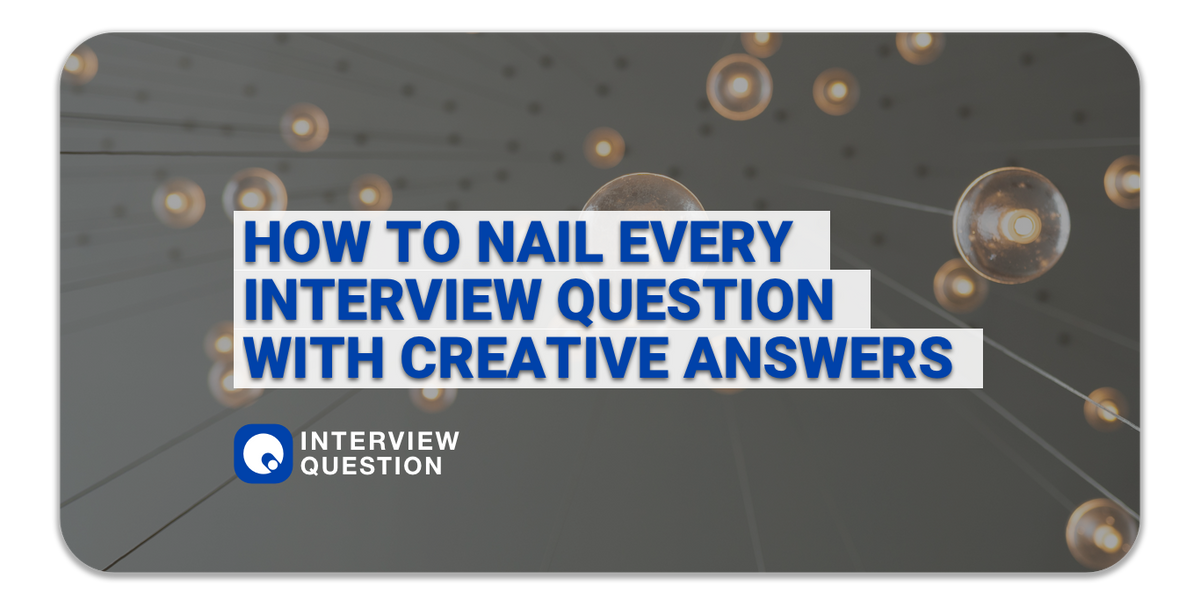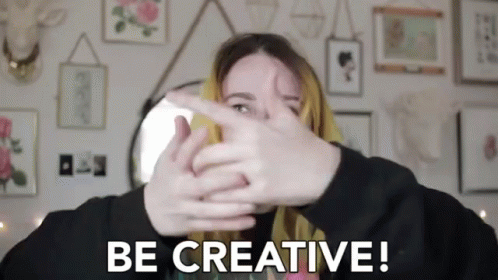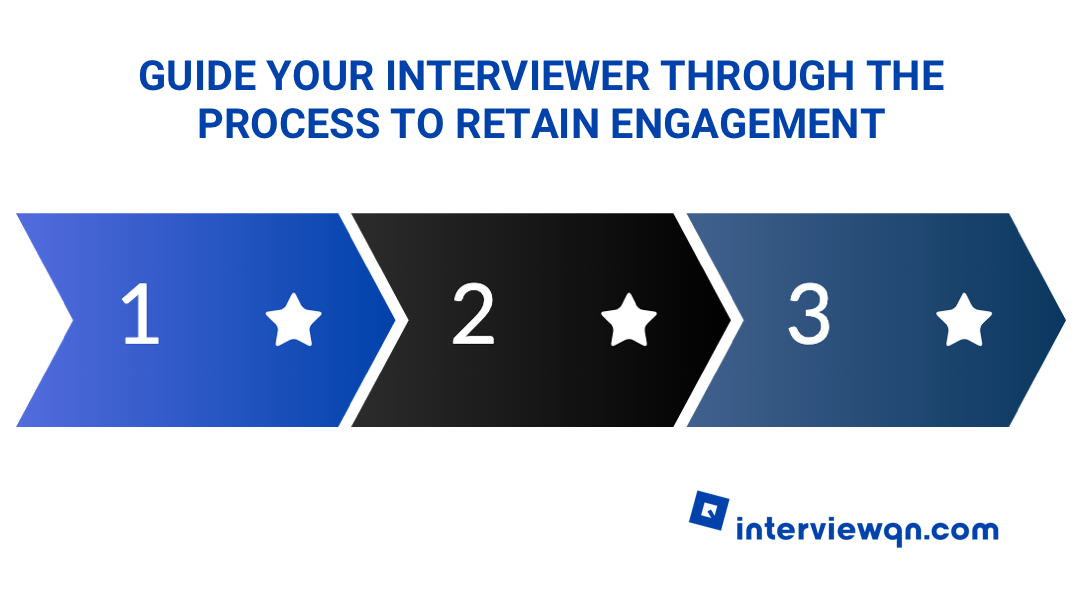How to Nail Every Interview Question with Creative Answers
If you're looking for new ways to stand out in your next interview, let us show how to answer common questions with these creative responses.

In any interview, practice makes perfect - but nailing the questions is only half the battle. The other half is giving creative answers that will make you stand out from the rest of the candidates.
Instead of regurgitating the same old tired responses to common questions, try thinking outside the box and coming up with innovative replies that will impress your potential employer.

Here are some tips on how to stand out in a crowded field - some Q&A tips for answering interview questions creatively.
Tell a story to engage the interviewer instead of listing off points you memorised
When asked about your greatest strength, instead of simply listing off qualities, tell a story that highlights how those strengths have helped you in the past. This will give the interviewer a better sense of who you are as a person and what kind of value you would bring to their company.
Give your answer your own twist (instead of being limited by question's scope)
If you’re asked about a time when you faced adversity, don’t just focus on the negative aspects of the situation. Change, guide and "re-route" the direction of the question into another more positive aspect.
So instead, emphasize how you were able to overcome those challenges and what lessons you learned from them. This shows that you’re resilient and capable of handling difficult situations. Don't be restricted by what the interviewer wants of you, because every interview question is ultimately open-ended. Thus, make the question yours.
Stop spouting generic answers you got off Google during your interview
If everyone is going on Google to do their pre-interview research, everyone will have the same answers. You are going to end up having the same content backbone, except for some minor changes due to paraphrasing.
For example, if they inquire about what motivates you, don’t just rattle off a generic answer like “I love helping people” or “I’m passionate about making a difference”. Get specific and talk about times when you went above and beyond for someone or something because it was important to you.
Use emotive words in your speech and put stress to emphasise the key content
If you want to stand out in an interview, it's important to use language that engages the emotions. Emotive words are those that create an emotional response in the listener. They can be positive (e.g., love, happy, excited) or negative (e.g., angry, hurt, frustrated).
When you use emotive words in your speech, it helps the listener to connect with what you're saying on a more personal level. In addition, by stressing certain words and phrases, you can emphasise the key content of your answer and make sure it's remembered.
Structure your answers so interviewers are guided through your reply (especially if there is a story, background or sequence)
It's important that your interview answers, however creative they may be, are well-structured. This is especially true if you're telling a story, providing background information, or describing a sequence of events.
Try to handhold your interviewer.

There will be many parts to your answer and if the interviewer cannot catch the drift and meaning, they will not be engaged and will loose the end-meaning.
Here are some tips for structuring your answers so that they're easy to follow:
Start with the most important points.
When answering a question, start with the main point or points that you want to get across. Then provide supporting details and examples. This will help ensure that interviewers understand your answer and don't get lost in the details.
Use signposts.
Signposts are words or phrases that signal to listeners where you are in your answer (e.g., "first," "second," "to summarize"). They can be helpful in keeping track of where you are in a long or complicated answer. For example, if you're asked about a time when you had to deal with conflict at work, you might say something like this: "There were two instances when I had to deal with conflict at work... In both cases..."Signposting can also be used to emphasize certain parts of your answer; for example, by saying "this was really important" or "what made this challenging was."
Use a framework to your interview answer (e.g. STAR)
In response to behavioral questions like “Tell me about a time when…” or “Give me an example of…”, try to use the STAR method (Situation, Task, Action, Result). This will help structure your answer in a way that is clear and concise while still providing enough detail for the interviewer to get an idea of how well YOU would handle similar situations if hired.
Creativity should extend outside the interview. Give examples based on your past experiences.
Creativity is not just something you should turn on during an interview; it is a skill that you should continuously work on.
The best way to become more creative is by practicing brainstorming and problem-solving techniques.
One way to become more creative is by brainstorming. This involves coming up with as many ideas as possible, without judgment, in order to generate new and innovative solutions. To brainstorm effectively, try setting a timer for 5-10 minutes and write down every idea that comes to mind, no matter how “out there” it may seem. Once the timer goes off, take a step back and see which ideas have the most potential.
Another way to boost your creativity is by solving problems using unconventional methods.next time you’re faced with a problem, instead of immediately going for the obvious solution, take some time to think outside the box. Consider all of the different ways you could approach the situation before settling on one course of action.
